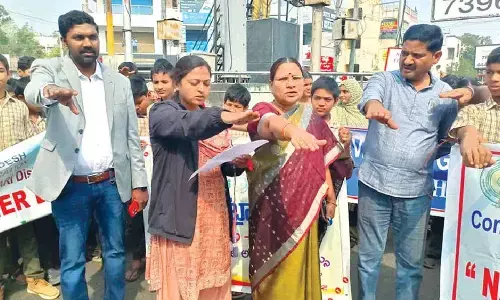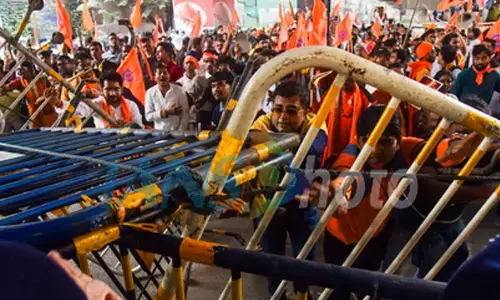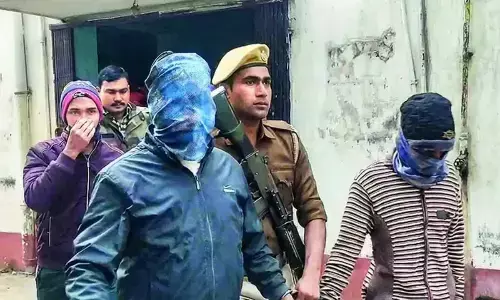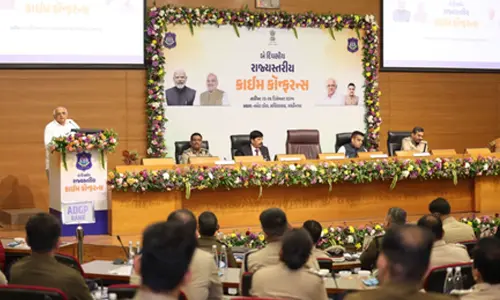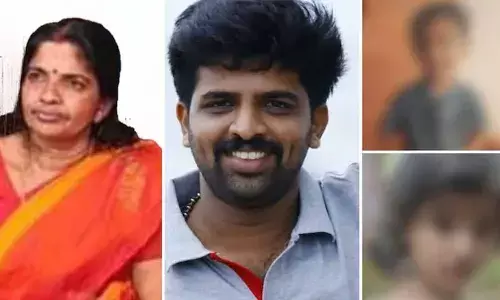Ram Navami violence : Why does a Hindu festival anger Muslim fundamentalists?
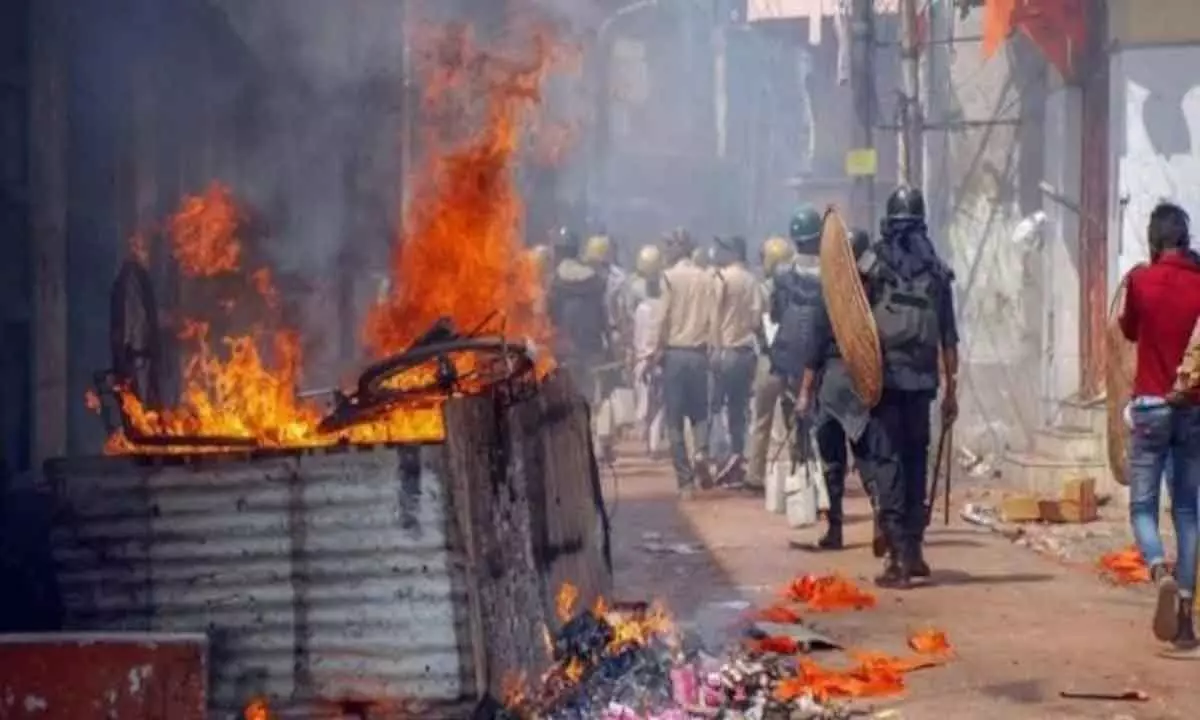
Ram Navami violence
The parochial worldview of the present Hindu intelligentsia doesn’t allow it to discriminate among the core ethos that underline different faiths.
The parochial worldview of the present Hindu intelligentsia doesn't allow it to discriminate among the core ethos that underline different faiths. All faiths and religions do not preach the same thing. This is the harshest truth that one needs to swallow before internalising the truth of the basic ethos which underline different faiths.
The dharmic faiths which find their roots in Bharat are diametrically opposite to the Abrahmic faiths which have alien roots. The rituals of worship as well as propagation of religion in Abrahmic faiths is very different from the dharmic ones. This is the root cause why Hindu societies function differently from Muslim and Christian societies which are Abrahamic in origin.
The Abrahamic faith like Islam is more exclusivist and expansionist in its approach, while the dharmic faith like Sanatan Dharma is more inclusive and globalised in its outlook. Because of this difference in the worldview, Hindus and Muslims in Bharat remain in a perpetual conflict mode.
The rise, revival and renaissance of Hinduism is likely to unnerve the fundamentalists of Abrahamic faiths, especially the Islamists. Any symbolic gesture that hints at Hindu revivalism is likely to receive a pushback from Muslims. The recent incident of stone pelting on Ram Navami processions across different states is a prime example of this.
The advocates of stone pelters resorted to the argument of Muslim sentiment being hurt when the procession went through Muslim areas. They say that the sounds of Ram Navami celebration in front of mosques hurt the sentiment of Muslims. The arguments are prima facie baseless. We need to understand why a slogan such as 'Jai Shri Ram' makes certain sections of Muslim society angry.
We also need to understand why Ram who is the embodiment of maryada, virtuousness, truthfulness, nobleness, benevolence and kindness causes insecurities among Muslim fundamentalists. Let's understand why Muslim sentiments are triggered at the scaling and glorification of Hindu festivals for a start and then move to its subsequent ramifications.
Islam in itself is an exclusivist religion. There are few rituals and concepts we need to internalise to understand the exclusivist nature of Islam. The population which wants the world to listen to Azaan five times a day gets aroused and offended at the slightest of provocation. The same Azaan can be translated as "Allah is most great. I testify that there is no God but Allah. I testify that Muhammad is the prophet of Allah. Come to prayer. Come to salvation. Allah is most great. There is no God but Allah."
The other concept is the concept of Kafir. In Islam, those who refuses to believe in the Quran and the prophethood of Muhammad are kafirs. So basically those not believing in the Quran are Kafirs. The majority Hindu population of Bharat is Kafir. Moreover, the concept of a state in Islam can be divided into two categories namely Dar-ul-Islam and Dar-ul-harb. Dar-ul-Islam refers to those countries that have come under the rule of Islam, but Dar-ul-harb refers to those countries where Islamic rule is not established.
In Dar-ul-Harb countries Muslim are commanded to be in constant warfare till rule of Islam is established. Bharat is still Dar-ul-Harb and certain section of Muslim fanatics and fundamentalists are in constant war with the majority Hindu population. These are some of the concepts among many which makes Islam exclusivist by its inherent nature and stone pelting, spitting, converting and killing become part of faith as a means of defiance.
Hindu festivals which have always been about celebration, sharing, giving, worshiping nature, respecting not just living beings but non-living too, is today creating issues among Muslim fundamentalists.
This is largely due to the history of Muslims having a problem with non-Muslim rituals and practices. Such exclusivist behaviour creates fissures in the society. Hindu festivals, which form the bedrock of Sanatan Samskriti, appear provocative to Muslim fundamentalists.
Courtesy: First Post










